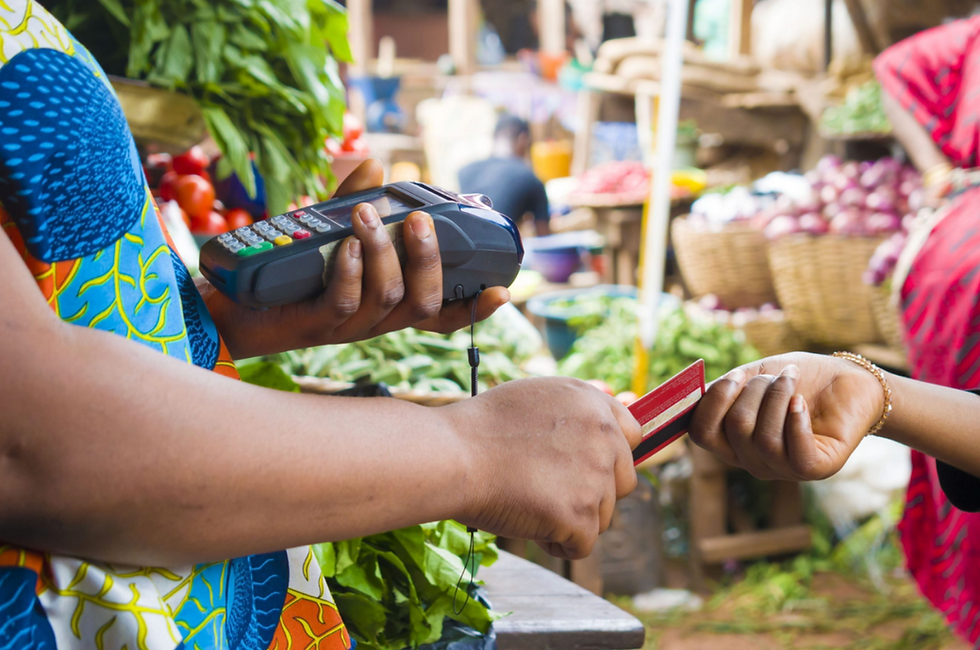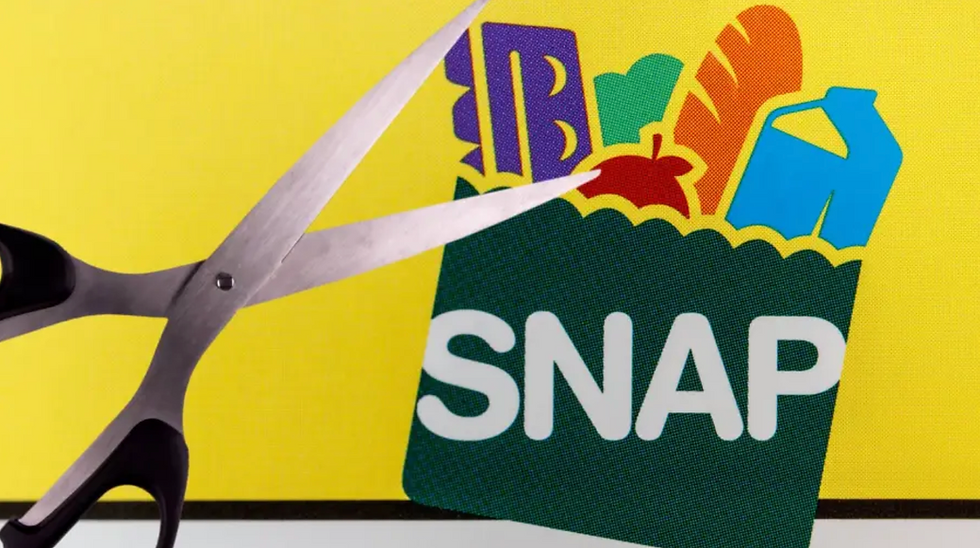Seeding Sparks for the Right to Food in West Virginia
- alisoncohenrtf
- Aug 24, 2023
- 3 min read
Updated: Sep 9, 2025
August 24, 2023
By Naomi Yaeger, NRtF CoP intern, summer 2023
For two days in May, friends and family of the members of Voices of Hunger (VoH), an offshoot of the West Virginia Food for All Coalition and a co-founding member of the the National Right to Food Community of Practice (NRtF CoP), camped in Braxton County, WV. The group cooked together, completed art projects, and enjoyed the weather (when it wasn’t raining, that is). One night, the group made stone soup for dinner, which takes its origins from a European folk story. “It is a story that describes the process of a community coming together and making something that is more than the sum of its parts,” Liz Brunello, WV Youth Program Coordinator at the American Friends Service Committee and a member of the NRtF CoP Coordination Team, said. “Everyone has something to give, and nothing is too small.” While they did not actually use a stone, the activity was a way for the group to bond over the shared experience of preparing and eating food collectively. Everyone had the chance to contribute to the soup, from carrots they brought from home to Slap Ya Mama spice they purchased that day. “We made two different soups, just to be safe!” Brunello said.

Throughout the retreat, the group discussed their plans for the future of the right to food movement in WV, including an interactive, digital map to be used as an advocacy and organizing tool. The map will allow people to report right to food violations in WV with as much detail as they feel comfortable providing, whether that means remaining anonymous or detailing everything from their name to the county where the violation happened. Once the map is published, it will be available online, either through the VoH website or through an online survey. Brunello added that in the meantime, the group is working with communities to determine what counts as a right to food violation.

In mid to late August, VoH plans to launch a program entitled Seeding Sparks. With funds from a recent grant, Seeding Sparks will provide food organizing groups all over WV – from church-run food pantries to family resource centers – with funds to do their work, increased support from VoH, and opportunities to learn about the history and current state of food systems in WV. The program will be flexible, giving groups the ability to opt-in to meetings and other learning opportunities, and will be as individualized as possible, providing each group with the resources it needs to succeed. The program will also connect the food groups within each town to form or join existing Food Policy Councils, allowing for increased dialogue in the right to food movement. In some towns, these collaborative networks already exist, while in others, VoH will connect food groups to create these councils.
Just as importantly, VoH is focused on shifting the narrative about food in WV to focus less on food banks as a solution to food insecurity and more on long term, sustainable change to ensure that there is always desirable and nutritious food for all. “We need to reconnect food to joy and not just to struggle,” Brunello said.
Many people share the perception that people experiencing hunger are somehow to blame for their food insecurity, Amy Jo Hutchison, NRtF CoP Coordination Team Member and Founder of Rattle the Windows, said. One goal of the movement in WV is to shift this narrative to reach an understanding that food insecurity has its roots in systemic issues. “As the Poor People’s Campaign says, ‘Blame poverty, don’t blame the poor,’” Hutchison stated.
To create this narrative shift, the group plans to engage in conversations with West Virginians of all ages, distributing flyers, hosting virtual information sessions, and speaking to people one on one. In addition, it is important to talk to people who have experienced food insecurity first hand, as they know best what support and programs they and their families would benefit from the most, Hutchison said.
Through this narrative work, VoH hopes that more people will take up the movement within their own towns. When the right to food movement is more localized, city resolutions for the right to food are more likely to be supported with policy changes. “It really needs to be organic,” Brunello said. “It’s hard work, but it always pays off.”




